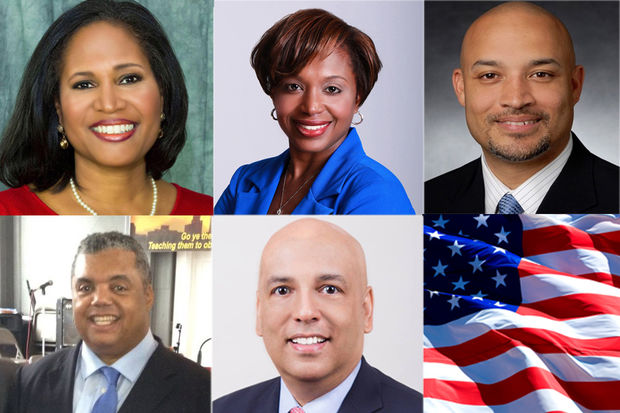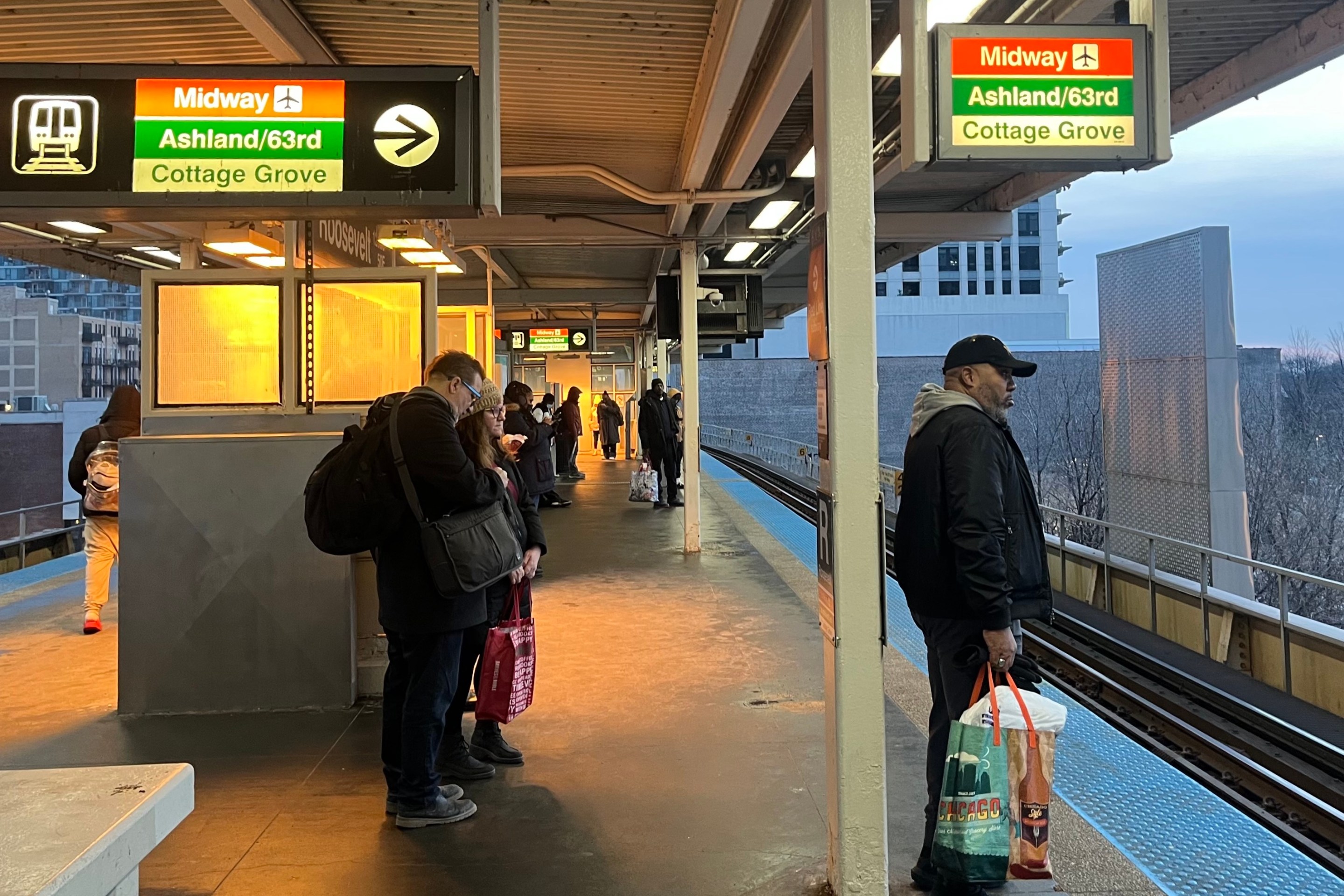The Fourth Ward includes a diverse swath of Chicago, including portions of the South Loop, the entire Museum Campus, Northerly Island, McCormick Place, and portions of the Prairie Shores, Douglas, Bronzeville, Oakland, Kenwood, and Hyde Park communities. It also contains a number of rail and cycling assets, including several Metra Electric and South Shore Line stations, as well as a long stretch of the Lakefront Trail. As such, it’s important that the next alderman of the district understands the importance of sustainable transportation.
As recently noted by the Active Transportation Alliance, early voting is underway for a special aldermanic election in the Fourth Ward. Former Alderman Will Burns resigned last March to take a job with Airbnb, and Mayor Emanuel appointed Sophia King to serve as interim alderman. King has been mentioned on Streetsblog Chicago in the past due to her support of the Chicago Park District’s plan to replace roughly 1.5 football fields worth of green space near 31st Street Beach with a parking lot expansion.
Now King is up for reelection against four challengers: Gregory Livingston, Ebony Lucas, Gerald Scott McCarthy, and Marcellus Moore Jr. Fourth Ward residents can vote early through February 27 or on election day, February 28.
Active Trans sent the candidates a questionnaire to find out where they stand on sustainable transportation issues. Their responses are linked below:
The survey asked candidates about their commuting habits, and whether they support upgrading service on the #4 Cottage Grove bus with improvements like prepaid boarding, traffic signal priority and dedicated lanes. Another question asked if the respondent supports implementing rapid transit service on the Metra Electric, and integrating schedules and fares with CTA buses.
The questionnaire asked if the candidates were in favor of building more protected bike lanes and “enhanced crossings” in the ward. And the survey inquired whether respondents favored creating a dedicated funding source in the city budget for traffic safety improvements, with a focus on Chicago’s most dangerous streets.
King responded that she walks to work and sometimes uses transit. She voiced support for improving the Metra Electric and funding safety infrastructure. “I believe access to public transportation opens up economic opportunities,” she commented. “I am committed to ensure that seniors and residents in my ward have access to reliable, safe and affordable public transportation. I will look to guidance from the community for changes that impact traffic and road safety.”
Livingston didn’t respond to the commuting question, but endorsed all of the transportation initiatives mentioned in the questionnaire. “Greener commutes mean healthier citizenry and of course healthier citizens mean a cleaner, more productive Chicago,” he commented. “People do better when they feel better. Families go outside together. Seniors don’t become prisoners in their own homes. Moving is essential – walking and bicycling are great, [as is] reducing our non-green footprint via public transit.”
Lucas said she walks to work, for errands, and recreation, and bikes to work and for recreation. She voiced support for all the initiatives mentioned. “In order to help businesses [on Cottage Grove] be successful I am committed to ensure adequate and safe public transportation,” she stated. She also wrote, “I support upgrading services on Metra in accordance with demand. I also support integrating fares and schedules.”
Scott said he walks and bikes for errands and recreation. He also endorsed all four transportation proposals. “Vision Zero is a laudable plan that brings increased awareness and resources to address the fatalities suffered in our city streets as a result of traffic [crashes],” he stated. “I would consider establishing a line item in the city budget that discourages raising property taxes, and encourages innovative alternative revenue streams as a source of funding.”
Moore said he walks, bikes, and uses transit and is “an active user of the Divvy bike system.” He generally voiced support for all four initiatives, although he wasn’t sure whether 10-15 minute headways all day on the Electric line is a realistic plan. Among his extensive responses to the questions, he wrote, “I think the city has done an admirable job of building the network of protected bike lanes and enhanced crossings throughout the city, but there are still opportunities in the Fourth Ward. Notable gaps are 43rd Street and Woodlawn from 51st to 47th.”
“The one thing that all the candidates… broadly agreed on was the need for improved biking, walking and public transportation infrastructure,” noted Ronnie Matthew Harris, who runs the local transportation advocacy group Go Bronzeville. While he said he was particularly impressed with King’s commitment to improving walking, biking, and transit, he added, “Go Bronzeville continues to pledge to work with all of our municipal and state leaders toward enhancing the safety, well-being and economic development of our community.”
If you live in the Fourth Ward, I strongly recommend you take some time to review the full responses from all four candidates to help inform your vote. Active Trans deserves a hat-tip for getting all of these aldermanic hopefuls to clarify their positions on these key local transportation issues.
Did you appreciate this post? Consider making a donation through our PublicGood site.





